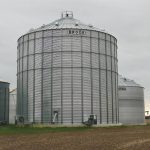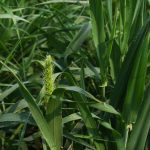Algiers | Reuters — Algeria plans to offer foreign investors concessions for farm land for the first time, according to an official document, as the oil producer seeks to boost food output and reduce reliance on imports. Under the plan, which is expected to be discussed by the cabinet this week before being submitted to












